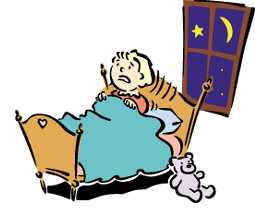 Discouraging economic news is everywhere; nobody knows where the US economy is headed. These are incredibly complicated issues that few adults fully understand. How can we help our kids through these times? Whatever we can do to avoid transferring our own stress onto them is worth consideration.
Discouraging economic news is everywhere; nobody knows where the US economy is headed. These are incredibly complicated issues that few adults fully understand. How can we help our kids through these times? Whatever we can do to avoid transferring our own stress onto them is worth consideration.
Here’s my first suggestion: Shield your kids from what’s happening.
Mitchell Rosen is a family therapist who recently posted on the importance of parents protecting kids from their own economic worries. Here’s an excerpt:
Kids aren’t stupid; they can sense the anxiety in their parents’ voices.
What I tell the mothers and fathers is this: “If you are OK, you’re kids are going to be OK. If you panic, your kids will panic. What they need to hear is not how everything is rosy but rather they will always be provided for. They may not get an iPod for Christmas, the family home may be in foreclosure but mom and dad will make certain they have a roof over their heads and food in their bellies.” The family will be fine.
The children, however, don’t need to hear parents arguing when a bill comes or deciding which obligation to pay and which to put off. What they need to hear is that mom and dad are still in charge and they can continue being kids. Source
This makes good sense and is consistent with some advice a friend gave me last week. Because we cannot control the stock market, we should limit the time we spend consuming bad news, following the daily ups and downs of the stock market, and tracking our own portfolios. And he’s right. Consumers who try to time stock market fluctuations usually sell low and buy high.
As parents, we have no control over these unfolding events, and our kids have even less. I’m going to do whatever I can to shield my kids from the ups and downs.
Want to talk about this? Visit Helping Kids in a Tough Economy on SchoolPulse.



 Posted by John Boynton
Posted by John Boynton 

